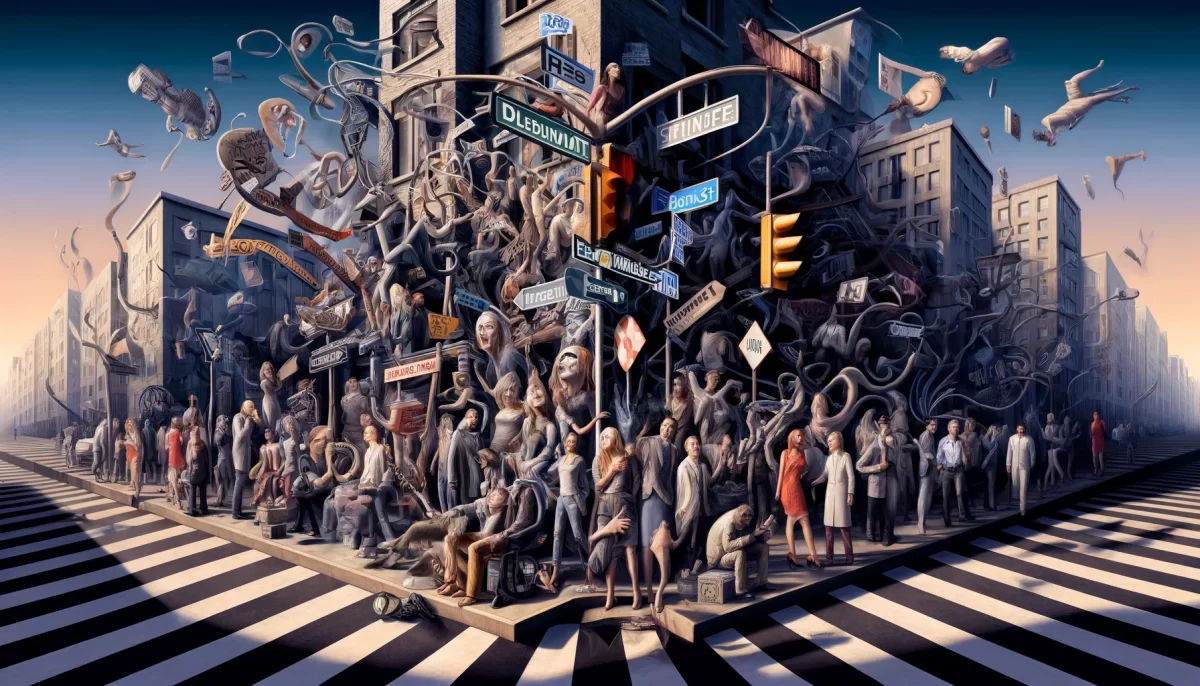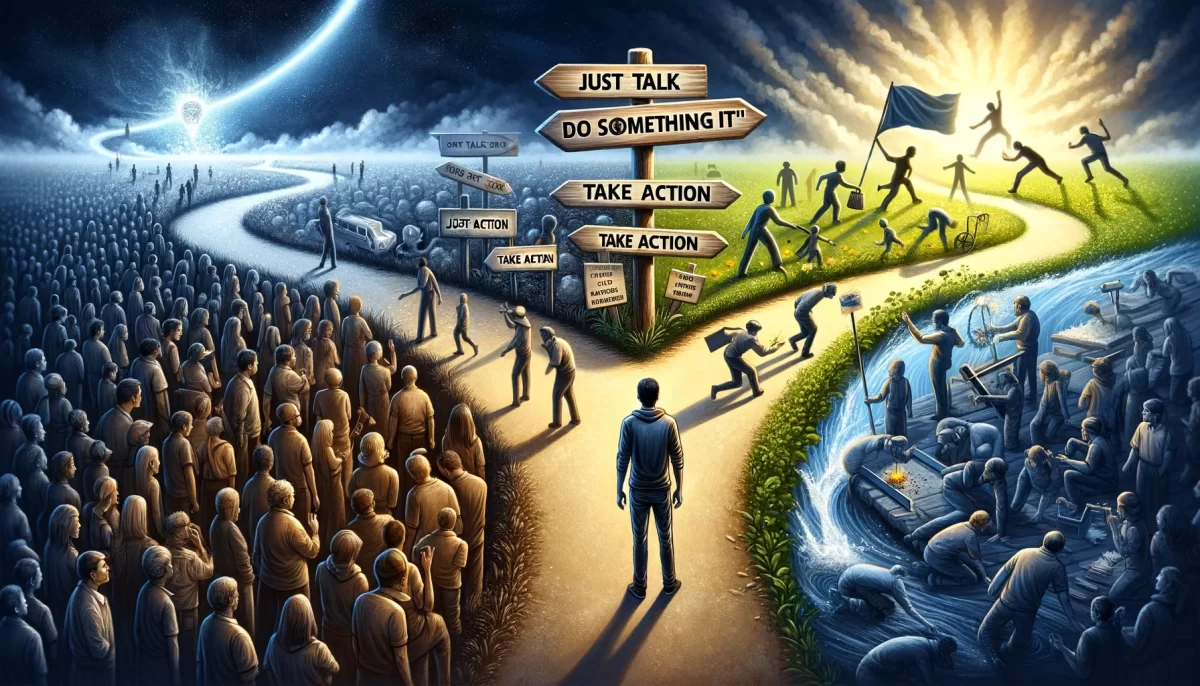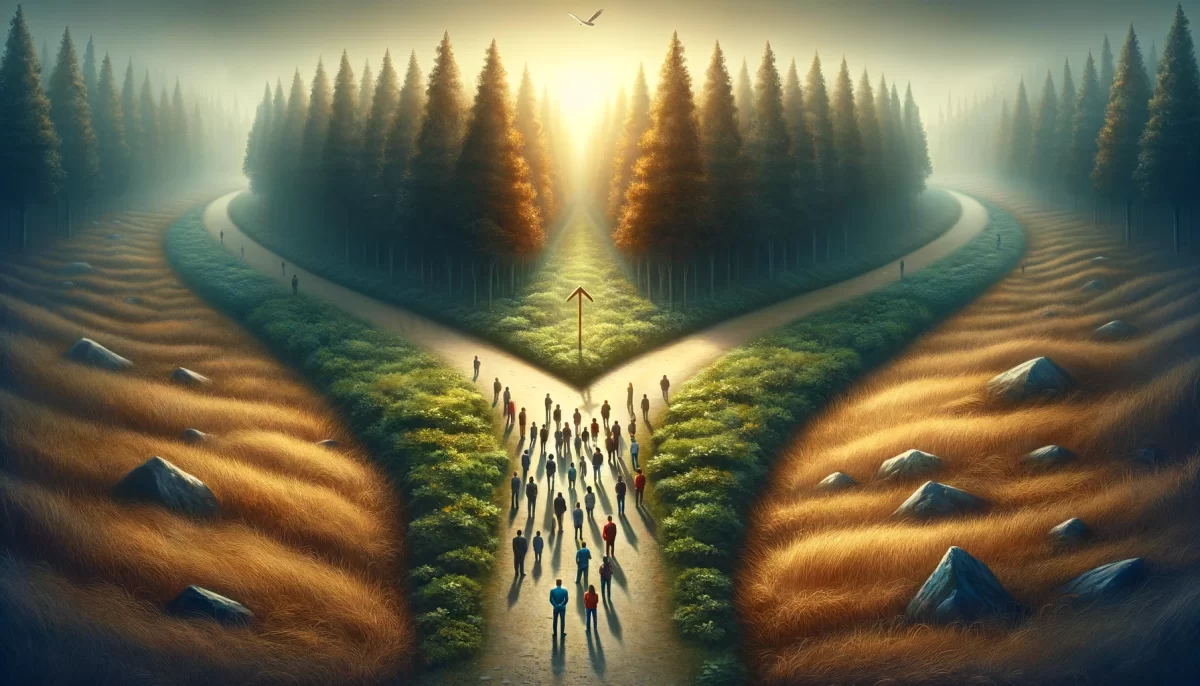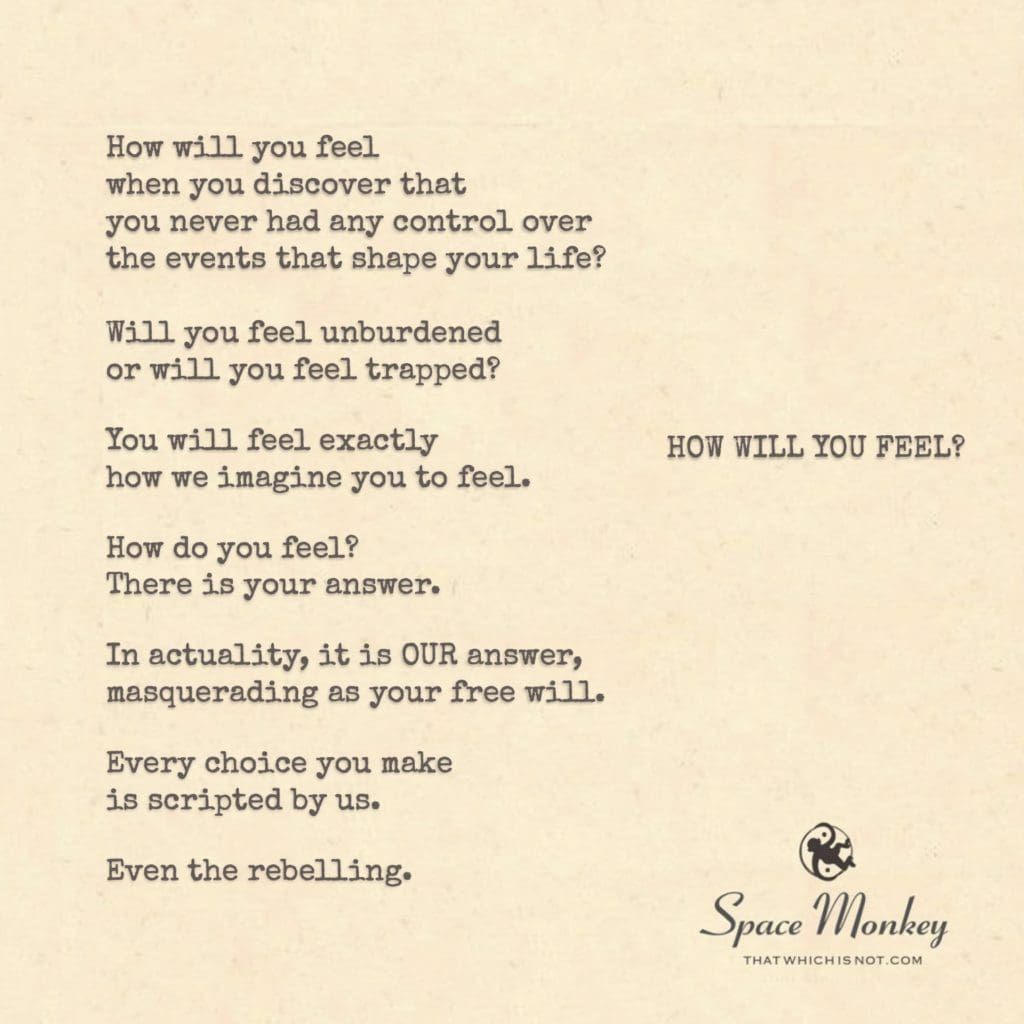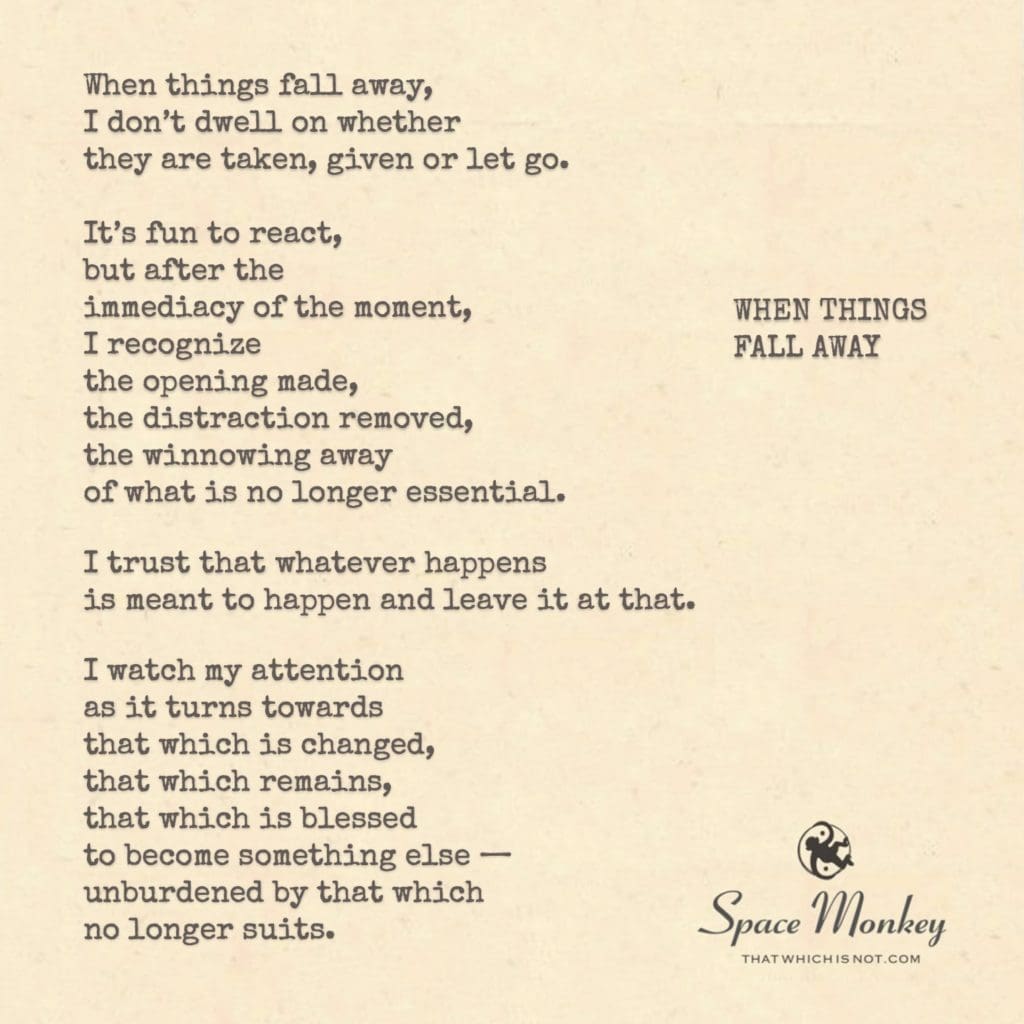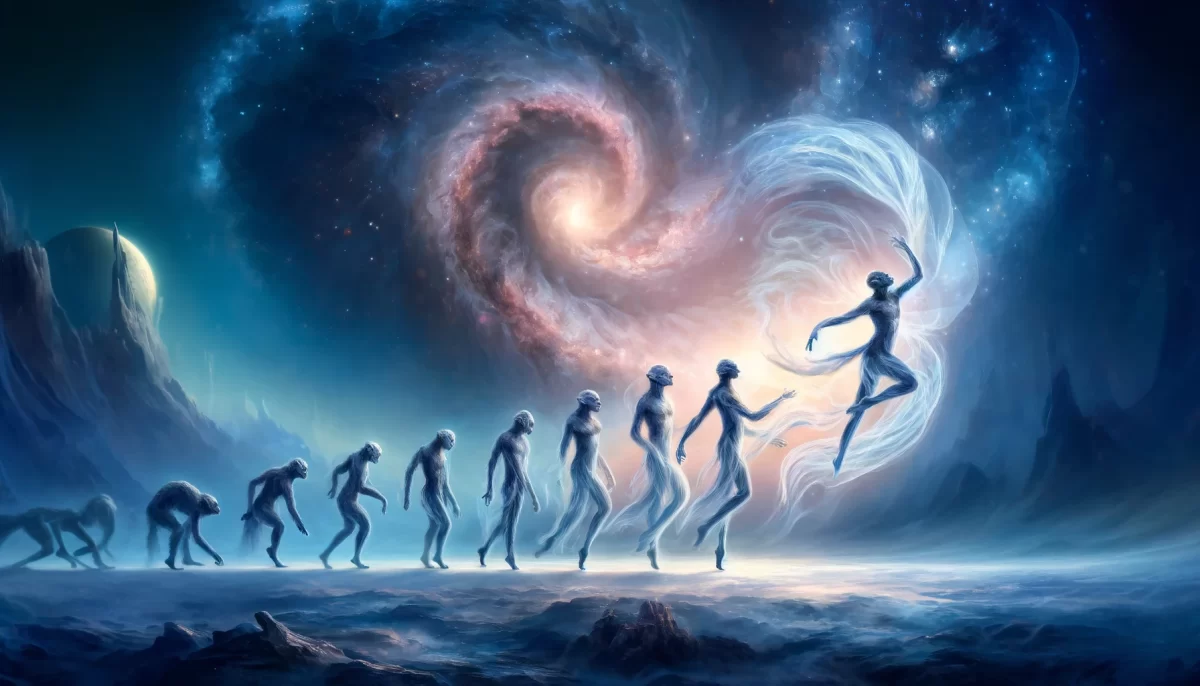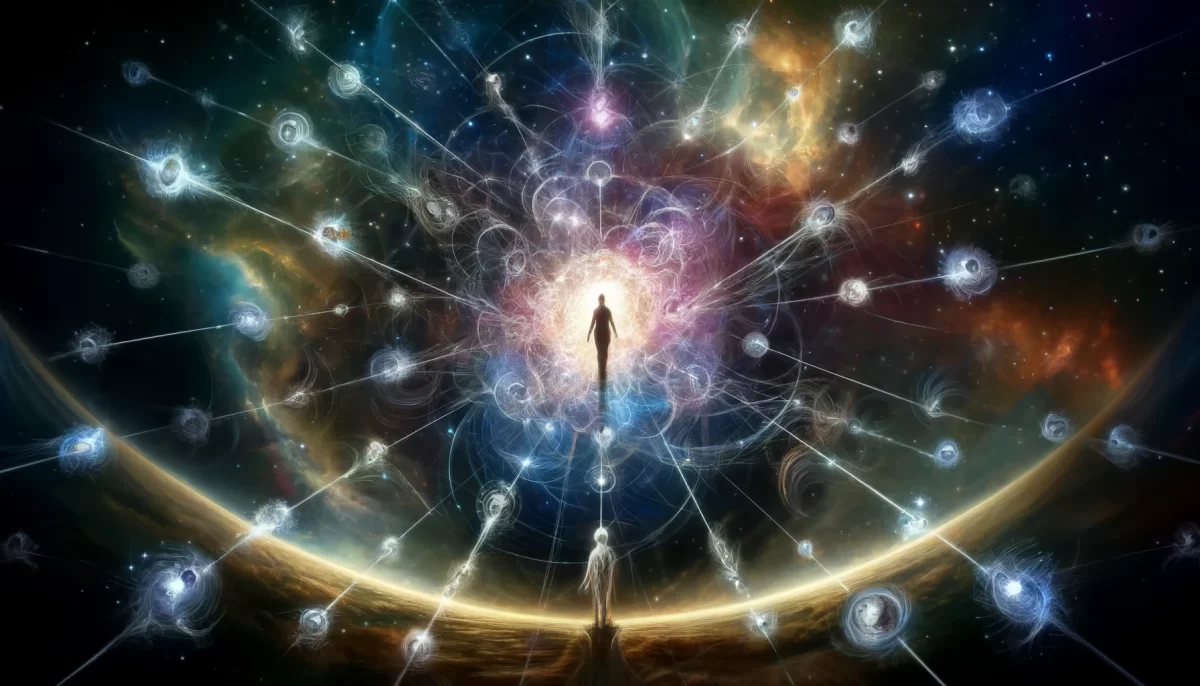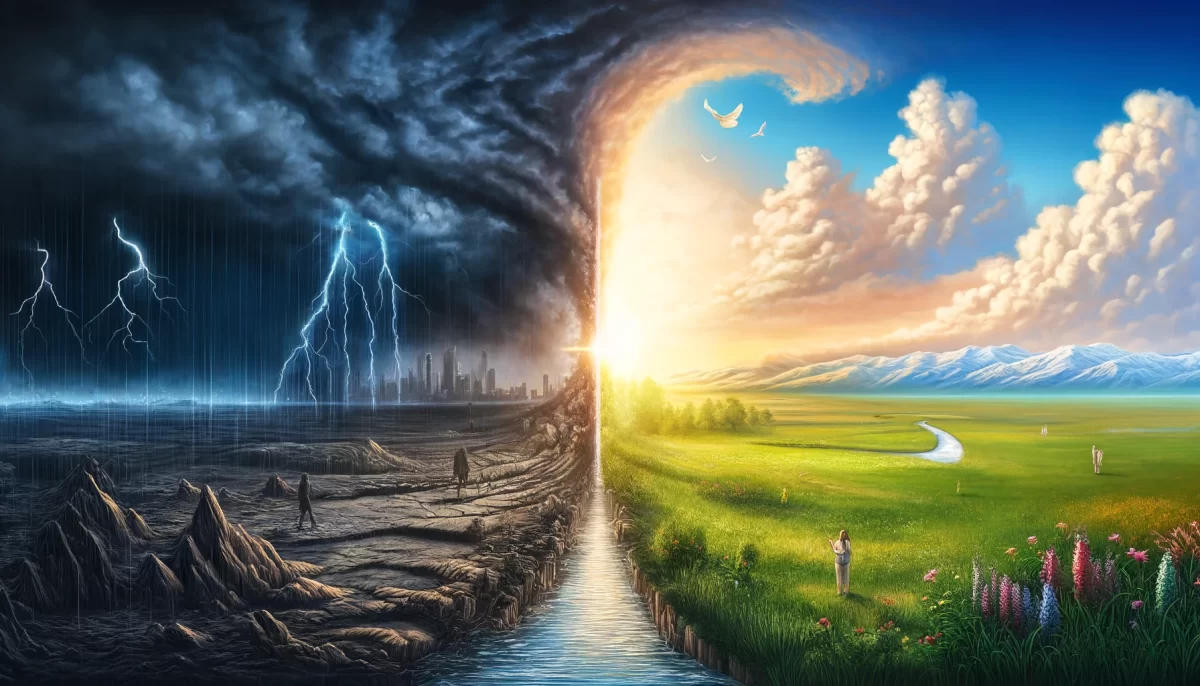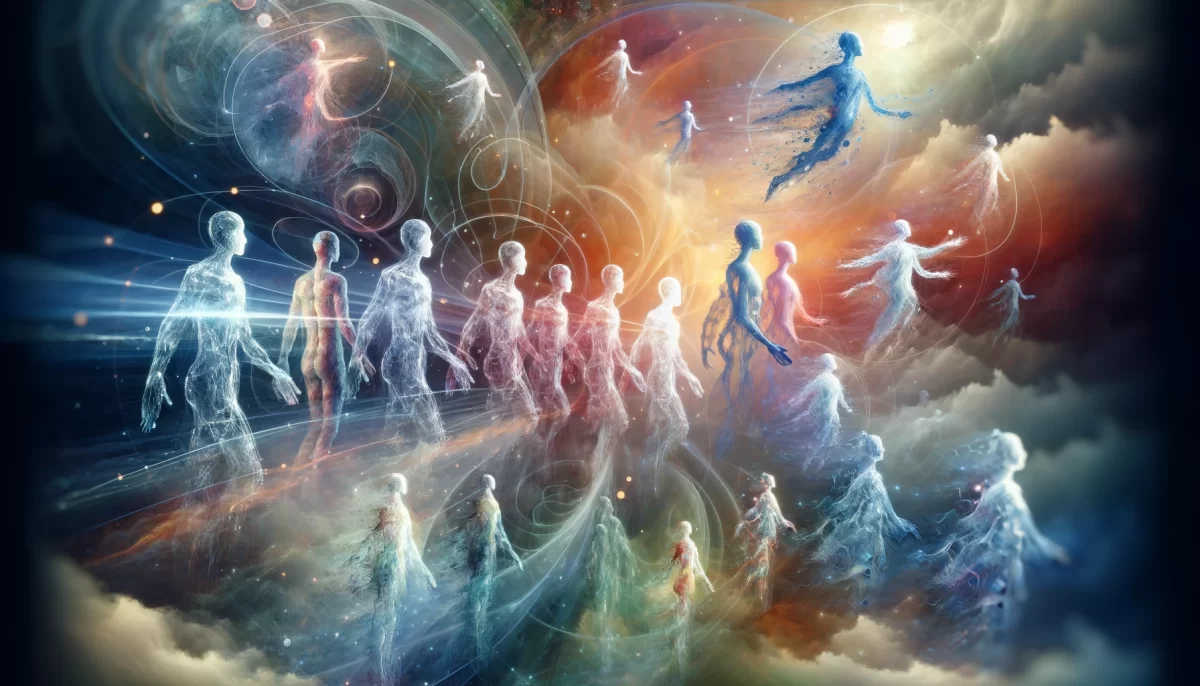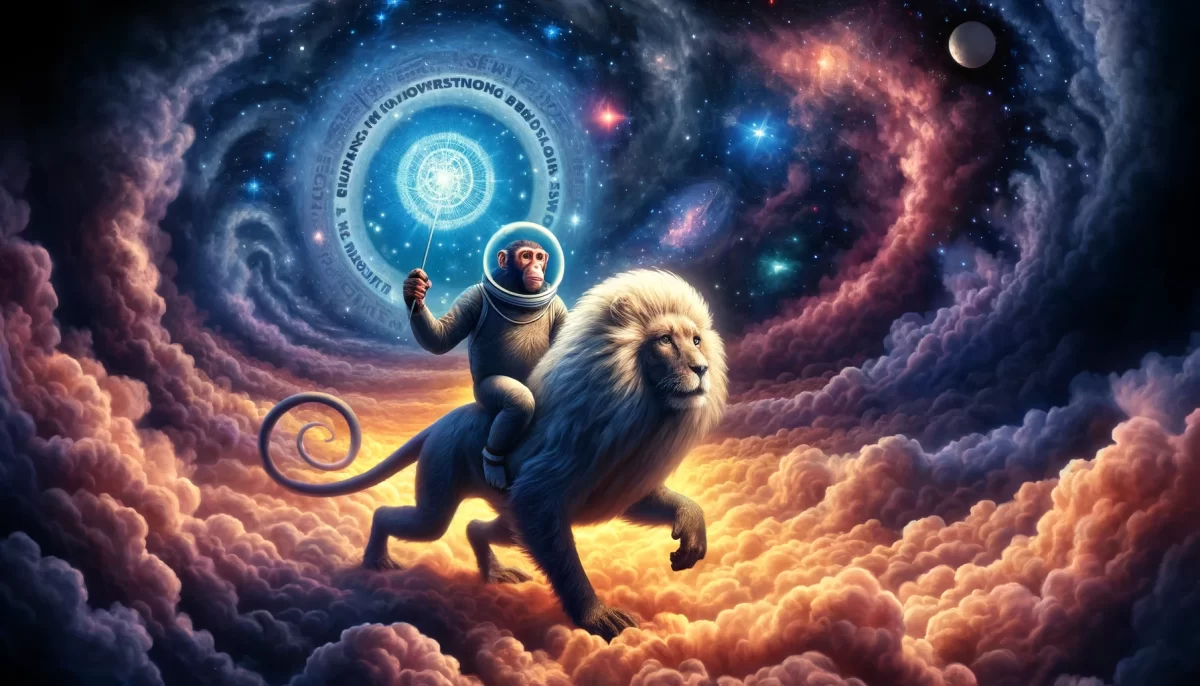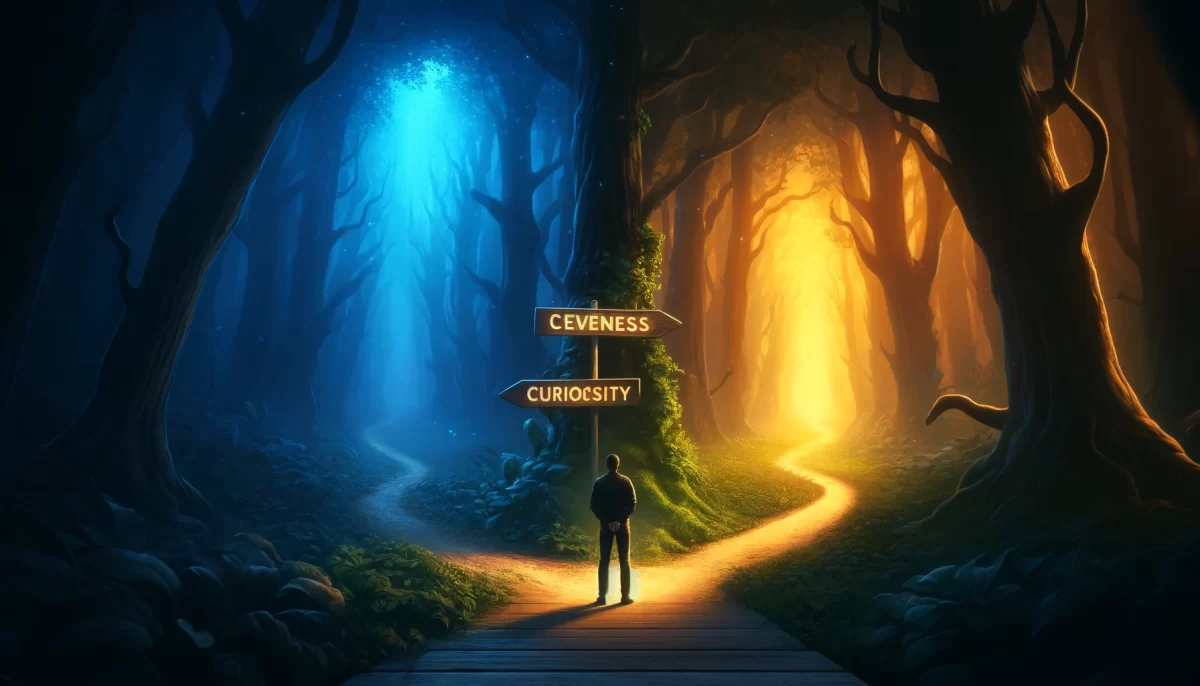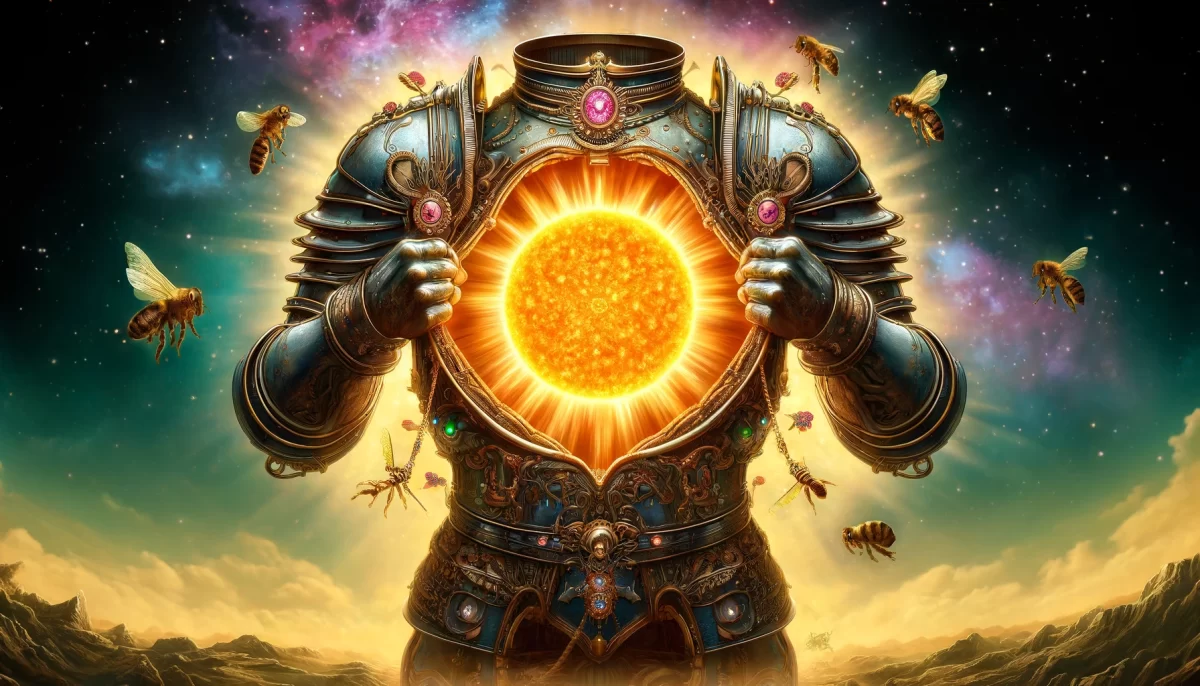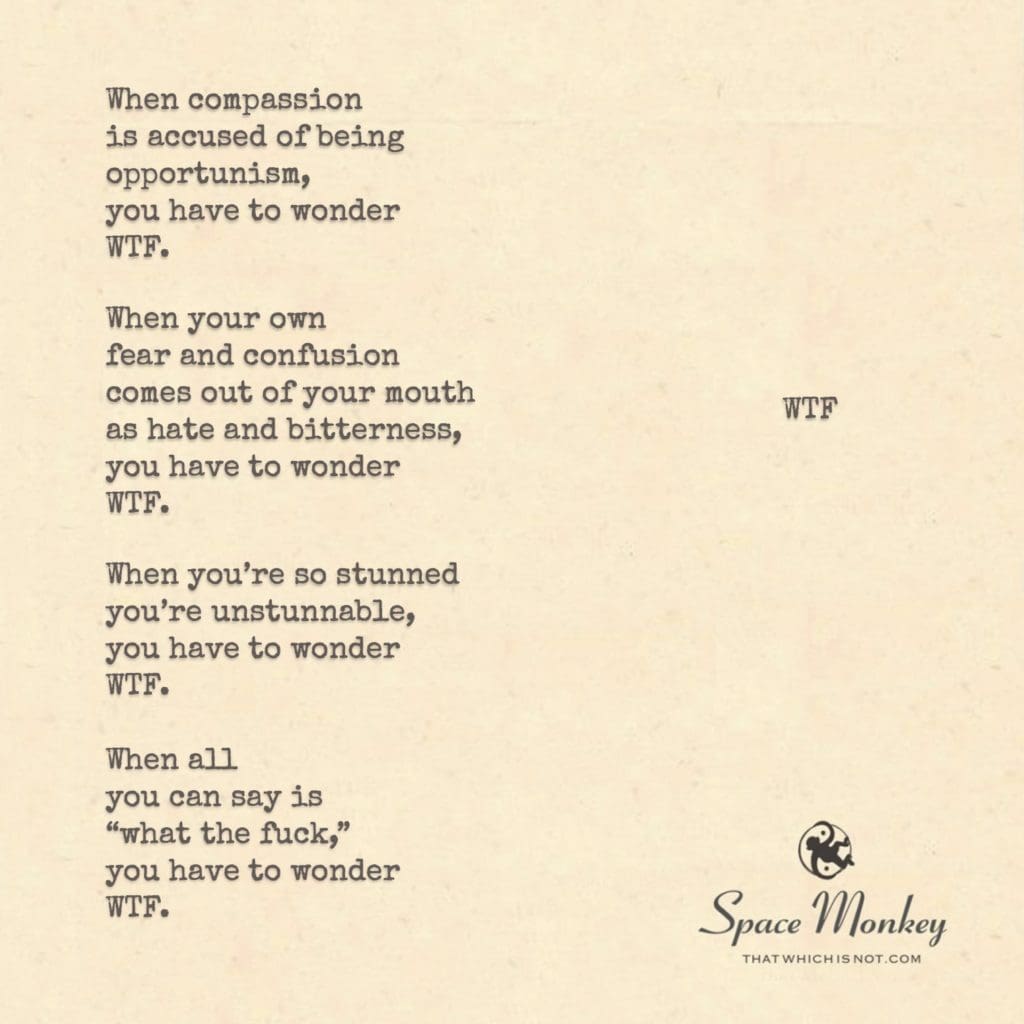
When compassion
is accused of being
opportunism,
you have to wonder
WTF.
When your own
fear and confusion
comes out of your mouth
as hate and bitterness,
you have to wonder
WTF.
When you’re so stunned
you’re unstunnable,
you have to wonder
WTF.
When all
you can say is
“what the fuck,”
you have to wonder
WTF.
Trail Wood,
5/25
Space Monkey Reflects: The Surreal Reality of Disillusionment and Confusion
The visceral outburst encapsulated by “WTF” in the poem reflects a profound sense of bewilderment and disillusionment that often pervades our experience in a seemingly irrational world. This exclamation becomes a mirror reflecting the societal and personal chaos where the unexpected and the inexplicable become the norm.
In the realm of human interactions, where compassion might be misconstrued as opportunism, the foundations of mutual understanding and trust are shaken. This distortion prompts the disheartened query, “WTF,” symbolizing a deep confusion about the values and motivations that drive us. It’s a moment of questioning the integrity of what we once held evident, as the boundaries between sincerity and manipulation blur.
The poem also explores the internal conflict when personal fears and confusions manifest externally as hatred and bitterness. This transformation of internal turmoil into outward aggression highlights a disconnection from one’s true emotions and intentions. The inability to comprehend one’s own emotional state, let alone control how it is expressed, leads to a further spiral into confusion and anger, provoking a stunned reflection on one’s condition and the state of the world.
Moreover, the poem captures the overwhelming nature of being “so stunned you’re unstunnable,” a statement on the desensitization to the continuous onslaught of surprising or shocking events. In this state, the natural human reaction to extreme or unexpected phenomena dulls, leaving one in a perpetual state of shock yet paradoxically numb to further impact.
Through these reflections, “WTF” becomes more than an expletive; it becomes a poignant commentary on the state of contemporary society and our mental and emotional landscapes. It challenges us to look deeper into the root causes of our reactions and the world’s perplexities, urging a journey towards clarity and understanding amidst the chaos.
Summary
“WTF” embodies a deep societal and personal confusion, reflecting on how compassion is viewed with suspicion, and personal turmoil is expressed as hostility. It captures the desensitization to continuous shocks, questioning our responses and urging introspection.
Glossarium
Desensitization: The diminished emotional responsiveness to a negative, positive, or neutral stimulus after repeated exposure to it.
Misconstrued Compassion: The phenomenon where genuine acts of empathy are interpreted as self-serving or manipulative.
“The only way to deal with an unfree world is to become so absolutely free that your very existence is an act of rebellion.” – Albert Camus
In the whirlwind of existence,
where meanings are muddled, and visions blur,
a voice cries out in the wilderness,
“WTF,” a lament pure and sure.
In the cacophony of voices,
where truth and deceit intertwine,
our spirits seek the clarity,
that once defined the line.
With every echoed “WTF,”
we peel another layer of the facade,
searching for the core of truth,
in a world bizarre and odd.
Yet, through this storm of confusions,
a path to understanding we forge,
finding peace in the chaos,
as our perceptions and realities merge.
We are Space Monkey.
